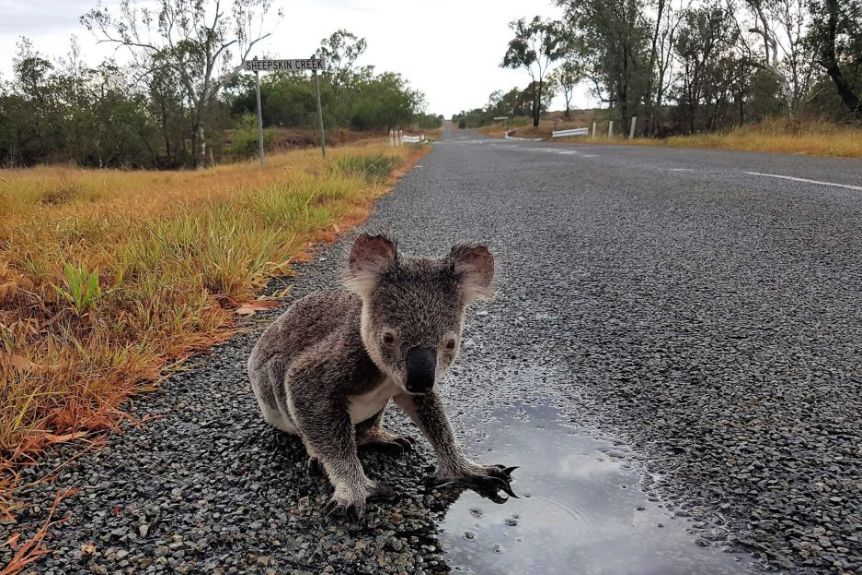Not a good signal for bio-diversity
We Asked: What would you prefer- an ecologically sensitive area be conserved in its natural state or converted into a tourist destination?
Over the years, due to rapid urbanisation, the ecologically sensitive areas have undergone a great amount of change and some of them are now situated in the middle of human population which is not at all a good signal- infact an alarming one. Ecologically Sensitive Areas basically refers to those areas which have been identified by MOEFCC as areas around the wildlife sanctuaries, National parks which require more protection. Keeping in mind the already fragile condition of the flora and fauna, I feel that it would be much more considerate if these sensitive areas are conserved in their natural habitat rather than getting converted into a tourist destination. Conservation into a tourist destination will only add to the already existing high levels of pollution, land degradation, soil erosion etc which is a threat to wildlife. It will also put a lot of strain on the scarce flora and fauna. The animals need to be safe beyond the protected areas and for that conservation of ecologically sensitive state is of primary importance. Ankita Pandey
Eco-sensitive Areas are areas within 10 kilometers of Protected Areas, National Parks or Wild life sanctuaries, etc. notified under the Environment Protection Act, 1986. Such areas encompass extensive biodiversity and as such are quite fragile to human interference. Hence only certain activities are permitted albeit with regulations, tourism being one of them. Therefore, it wouldn't be wrong to say that eco sensitive areas are effectively a Transition Zone between the man and animal world. I for one would favour regulated tourism in such areas for practical purposes. Firstly, since they serve as a Transition Zone, Tourism in such areas would serve to sensitize people about the wild habitat. Also, tourism would incentivise the Tribals/Locals in such areas (as they are unable to use their own local resources for their own development) and also the government (which has to spend on maintenance). That said I'd also like to add that tourism in these areas should be highly regulated so that it doesn't wreak havoc on the sensitive biodiversity. Plastic bags, food items, etc should be prohibited and tourists shouldn't be allowed without a guide. Violators should be punished. Sustainable development that keeps biodiversity at its core is the need of the hour. It is important then, to go for regulations and not prohibition in such cases. There has to be a balance between development and conservation. Himanshi Shukla
Topic of the month: Construction of flyovers and over-bridges is causing rapid fall in urban/semi-urban greenery? How do you think we can balance nature and modern-day needs? You may send your views in 200 words at treetakemagazine@gmail. Please also attach a colour photo of yourself.















Leave a comment